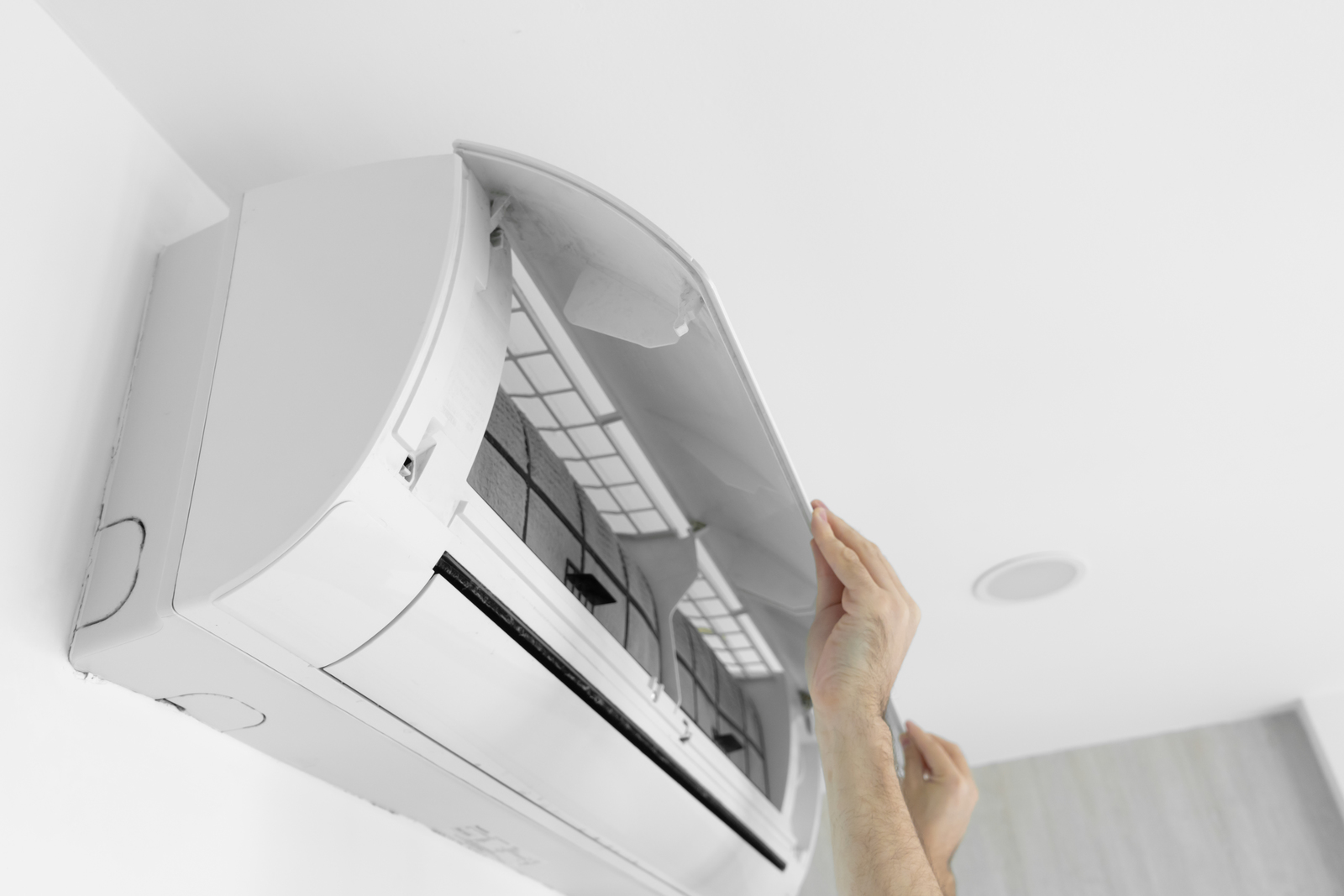When it comes to heating a home in Dunedin, there are a variety of options available to homeowners. Two of the most common methods are gas heating and electric heating, but another option that is becoming increasingly popular is heat pumps.
Let’s take a closer look at how heat pumps compare with gas and electric heating, in terms of heating efficiency, cost, and environmental impact.
Heating efficiency
Heat pumps are considered a more heating-efficient option. This is because heat pumps use a small amount of electricity to move heat from one location to another rather than converting energy into heat directly. This process is known as heat exchange, and it allows heat pumps to extract heat from the air or ground outside of a building and transfer it inside.
When compared to gas heating, heat pumps do not rely on combustion to produce heat. Combustion is an inefficient process where energy is lost and becomes wasted heat. When compared to heat pumps, it uses a compressor and a heat exchanger to transfer heat, which results in a high energy conversion rate. In addition, heat pumps can also use renewable energy sources to power them, which makes them more efficient.
Compared to electric heating, heat pumps use less electricity to produce the same amount of heat. Electric heating relies on resistance heating, which means that electricity is converted into heat through the resistance of a material to the flow of electricity.
This process is not as efficient as heat exchange, which is used by heat pumps. In addition, heat pumps can also use renewable energy sources to power them, which makes them more efficient.
Costs
Heat pumps can be more energy efficient and cost-effective over time. However, the initial cost of purchasing and installing a heat pump is usually higher than a gas or electric heater.
When comparing the costs of heat pumps to gas and electric heating systems, it is important to consider both the initial purchase and operating costs.
Initial Costs
The initial cost of a heat pump system can vary depending on the size of the system, the type of heat pump (such as a wall mounted unit or floor console), and the specific features and efficiency ratings of the unit. Generally speaking, heat pumps tend to be more expensive than gas or electric heating systems when it comes to initial costs.
Operating Costs
Heat pumps are generally more energy efficient than gas or electric heating systems, which can lead to lower operating costs over time. Heat pumps work by transferring heat from one area to another, which is typically more efficient than generating heat from fossil fuels like gas or electricity.
In order to work out the energy efficiency of a heat pump, you need to accurately find each unit’s “Energy Efficiency Rating” (EER) for cooling and “Coefficient Of Performance” (COP) for heating. These figures will be published by the manufacturers.
In order to receive the blue Energy Star label, manufacturers of heat pump products sold in New Zealand have had to register as a New Zealand Energy Star partner and have had to conduct various tests on their products and meet specific criteria.
This is an international energy-rating symbol used to identify the most energy-efficient products and is the benchmark for efficient energy performance. Only the best of the best heat pumps (the top 25% of performers in each size) can achieve this award.
Environmental impact
When it comes to environmental impact, heat pumps are considered to be the most environmentally friendly option, as they do not produce any emissions and can be powered by renewable energy sources.
Gas heaters produce emissions by burning natural gas or propane. The combustion process releases pollutants and greenhouse gasses into the air. However, they are generally considered to be less harmful to the environment than emissions from other fossil fuels.
Electric heating systems do not produce emissions at the point of use, as they do not rely on the combustion of fossil fuels to generate heat. However, the electricity used to power the system may be generated from fossil fuels, such as coal, natural gas, or oil.
This means that the emissions associated with the generation of electricity used to power the electric heating system are produced at power plants, rather than at the point of use.
Conclusion
Heat pumps are an excellent, efficient, and cost-effective alternative to traditional gas and electric heating systems. Heat pumps are much more energy-efficient than gas and electric heating systems, which can help homeowners save money on energy costs. Heat pumps also require less maintenance than gas and electric heating systems, so they tend to be more reliable and last longer.
Ultimately, when choosing between a heat pump, gas, or electric heating system, it’s important to consider your climate, budget, and energy requirements to determine which system is right for you.
